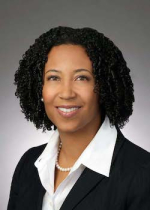Over its 23 year history, the Commonwealth Fund Fellowship, along with California Endowment Scholars program and Joseph Henry Oral Health Fellowship, has a proven track record of creating physician/other health professional leaders; the Alumni Spotlight interviews showcase the expertise and dedication to care for vulnerable populations as a testament of that success. Interviews have been edited for length and clarity.
 Christina Rosenthal, DDS, MPH (JHOHF '15)
Christina Rosenthal, DDS, MPH (JHOHF '15)
Executive Director, Determined to be a Doctor Someday (DDS)
Founder, 516 Foundation
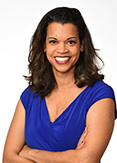 Shairi R. Turner, MD, MPH (CFF '02)
Shairi R. Turner, MD, MPH (CFF '02)
Chief Health Officer, Crisis Text Line, Tallahassee, FL
 Jean Le Clerc Raphael (CFF '05)
Jean Le Clerc Raphael (CFF '05)
Division Chief, Academic General Pediatrics; Director, Center for Child Health Policy and Advocacy; Vice Chair for Clinical Affairs; Professor of Pediatrics; Department of Pediatrics; Baylor College of Medicine, Houston, TX; President Elect, Academic Pediatric Association
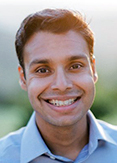 Joshu Budhu (CFF '22)
Joshu Budhu (CFF '22)
Attending Neuro-oncologist, Memorial Sloan Kettering Cancer Center; Assistant Professor of Neurology, Weill Cornell Medical College, New York, NY
Chief Medical Officer, Center for Medicare and Medicaid Innovation, Baltimore, MD
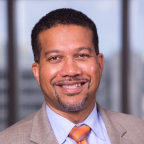 Roderick King, MD, MPH (CFF '98)
Roderick King, MD, MPH (CFF '98)
Senior Vice President, Chief Diversity, Equity and Inclusion Officer, University of Maryland Medical System, Baltimore, MD
Adjunct Professor, Department of Pediatrics, University of Maryland School of Medicine
Adjunct Professor, Department of Health Policy and Management, University of Maryland School of Public Health
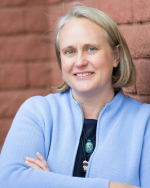 Anne Newland, MD, MPH (CFF '13)
Anne Newland, MD, MPH (CFF '13)
Chief Executive Officer, North Country HealthCare, Flagstaff, AZ
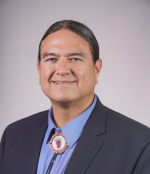 Donald Warne, MD, MPH (CFF '02)
Donald Warne, MD, MPH (CFF '02)
Director, Indians Into Medicine (INMED) Program, Director, Public Health Program, Associate Dean, Diversity, Equity and Inclusion, University of North Dakota School of Medicine and Health Sciences, Grand Forks, ND
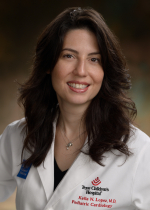 Keila Lopez, MD, MPH (CFF '08)
Keila Lopez, MD, MPH (CFF '08)
Associate Professor, Pediatrics-Cardiology, Baylor College of Medicine; Pediatric Cardiologist, Texas Children's Hospital, Houston, TX
 Nakela Cook, MD, MPH (CFF '04)
Nakela Cook, MD, MPH (CFF '04)
Chief of Staff, National Health, Lung and Blood Institute/ National Institutes of Health, Bethesda, MD
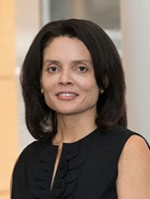 Michelle Johnson, MD, FACC, MPH (CFF '98)
Michelle Johnson, MD, FACC, MPH (CFF '98)
Vice Chair for Health Equity, Department of Medicine; Clinical Director of Cardiology, Memorial Sloan Kettering Cancer Center; New York, NY

